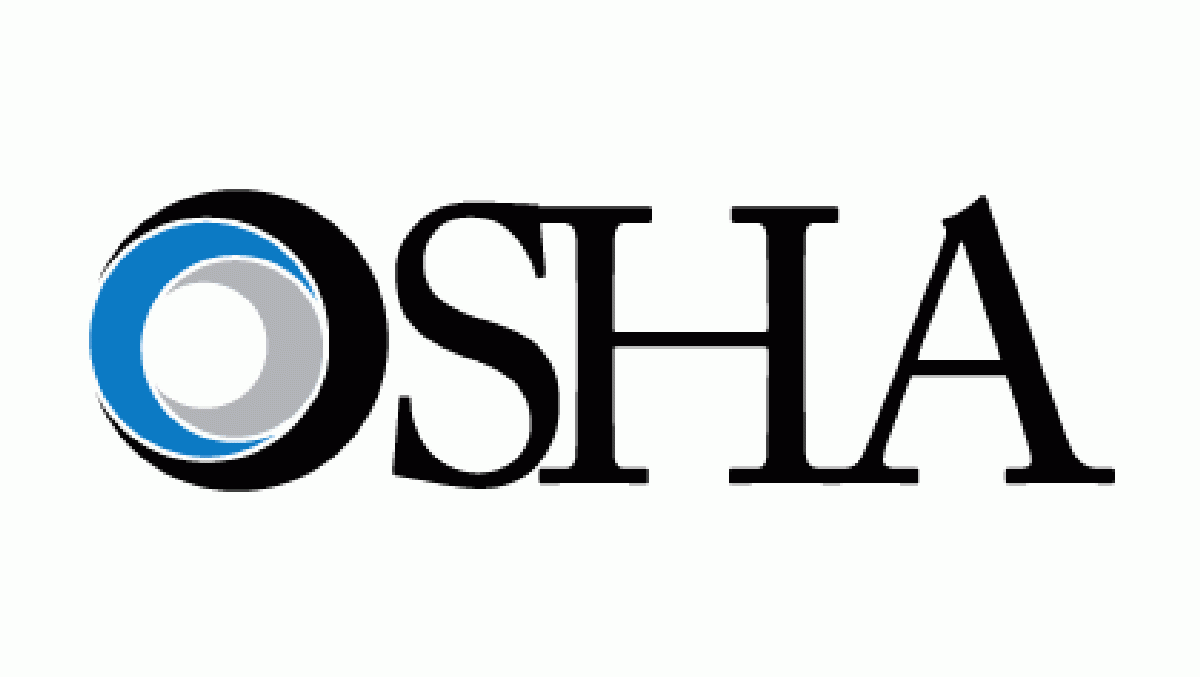Fed up with the Trump government’s refusal to force firms to protect workers from the coronavirus, the AFL-CIO is suing the Occupational Safety and Health Administration (OSHA) to force it to do so.
The suit, filed May 18 in the U.S. Court of Appeals for the District of Columbia Circuit, which handles most cases involving federal agencies and their rules, says the rule forcing firms to act is needed even more now, as states start letting businesses reopen and crowds gather—thus increasing the risk of community spread of the coronavirus.
The virus already has killed thousands of workers and endangered tens of thousands more, especially in plants with no social distancing—such as meatpacking—or occupations whose workers come into constant contact with coronavirus sufferers, such as nursing.
“Thousands of workers have been infected on the job through exposure to infected patients, co-workers and unscreened members of the public,” the federation said as it filed the papers in court. It wants a hearing within 12 days, including time for an OSHA written reply, and a court order to follow within 30 days after that.
“As the economy reopens and people return to work, person-to-person contact will increase and health experts predict the already shocking number of infections and deaths among workers will rise,” the federation warns.
“It’s truly a sad day in America when working people must sue the organization tasked with protecting our health and safety,” said AFL-CIO President Richard Trumka in a statement. “But we’ve been left no choice.”
“Millions are infected and nearly 90,000 have died, so it’s beyond urgent that action is taken to protect workers who risk our lives daily to respond to this public health emergency. If the Trump administration refuses to act, we must compel them to.”
As of 5 p.m. Eastern Time on May 18—after the federation went to court that day—1,500,573 people had tested positive for the coronavirus, and 90,512 had died.
The AFL-CIO sued after Trumka wrote to Labor Secretary Eugene Scalia, whose department includes OSHA, demanding he have the agency to stop its voluntary guidance, which does not have the force of law, and order firms to create and implement plans to protect workers.
Scalia replied a new mandatory standard wasn’t needed. He added many measures Trumka said should be in it already are in OSHA’s “voluntary” guidance, that workers have filed thousands of complaints about firms falling down on the job, and that OSHA’s “general duty” clause will let it pursue the worst violators who don’t do anything at all.
But “voluntary” doesn’t work, the fed said. Its lawsuit specifically says OSHA “shall provide …for an emergency temporary standard to take immediate effect” if OSHA concludes “employees are exposed to grave danger from exposure to substances or agents determined to be toxic or physically harmful or from new hazards, and that such emergency standard is necessary to protect employees from such danger.” The federation italicized the word “shall.”
The “global pandemic caused by the novel coronavirus produced exactly the type of workplace catastrophe Congress intended an emergency temporary standard to address,” the court filing said.
If OSHA doesn’t issue a standard, the federation’s suit contends, it is committing “a stunning act of agency nonfeasance in the midst of a workplace health emergency of a magnitude not seen in this country for over a century (if ever).”
In plain English, that means that by not forcing firms to protect the workers—through issuing a temporary emergency standard—Trump’s OSHA is breaking the 50-year-old law that established the agency.
And, buried within a DOL announcement about voluntary standards for meatpackers is the statement from OSHA’s current boss, deputy assistant secretary Loren Sweatt, that if firms follow federal Centers for Disease Control and Prevention guidelines in good faith, “OSHA does not anticipate citing employers” for breaking the job safety and health law.
In other words, no federal prosecution and no penalties.
One other pro-worker group, the National Council for Occupational Safety and Health (National COSH), is just as fed up as the AFL-CIO, but took a different tack. With Trump sitting on extensive and detailed CDC guidance to schools, firms and individuals about how to carefully reopen, National COSH convened a panel of experts and published its own recommendations.
It includes “comprehensive guidelines for workplace safety, worker participation and fair compensation for sick, injured and at-risk workers,” all prepared by “certified industrial hygienists, academicians, attorneys, physicians and leaders of non-governmental and nonprofit organizations,” National COSH said.
“The post-COVID world will be different in many ways,” said Jessica Martinez, a public health specialist and National COSH’s co-executive director. “One difference we insist on: Workers must be at the table, actively involved in decisions about workplace safety—at their own workplaces and when creating local, state and federal guidelines.”
But current workplace conditions, even before the virus hit, produce “an unequal balance of power in the workplace (that) means safety often takes a back seat—especially for workers of color, immigrants and others in marginalized communities,” she said. “Fortunately, working people are not accepting the status quo. The risk and horrible consequences of” the coronavirus “have led to an unprecedented number of walkouts and other job actions—and in most cases, workers have been successful in winning protections to reduce risks to themselves, co-workers, their families and the public at large.”
(PAI)

